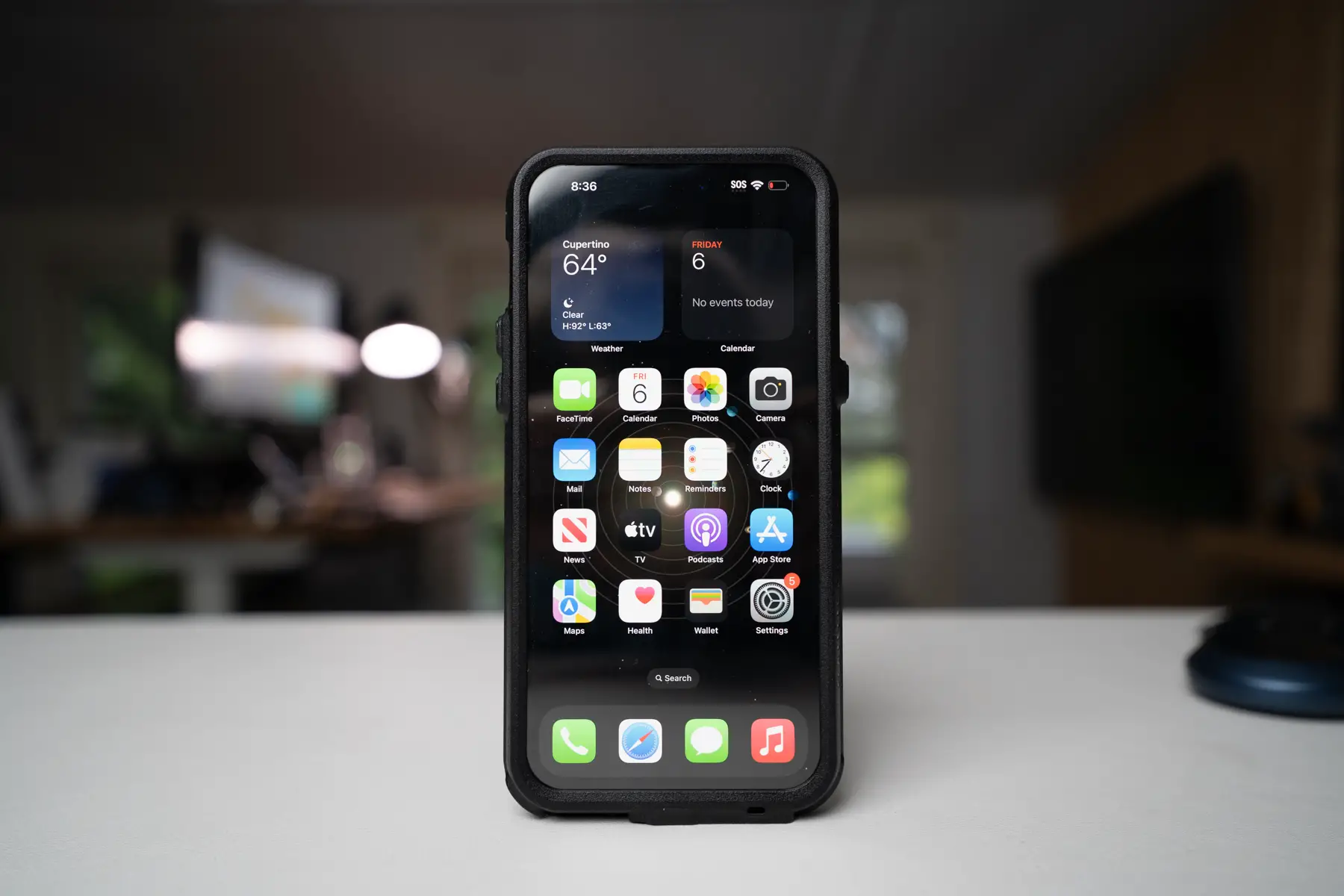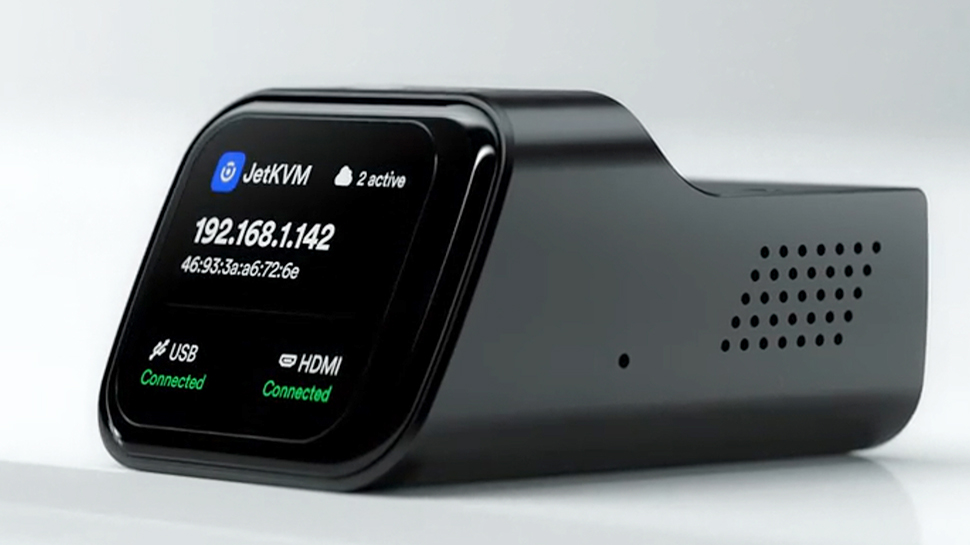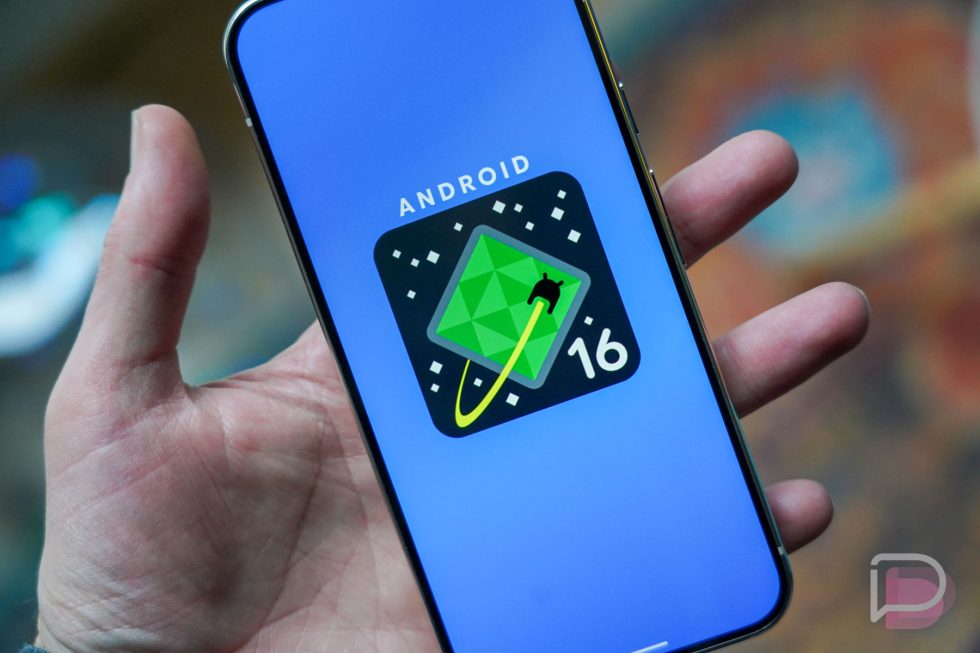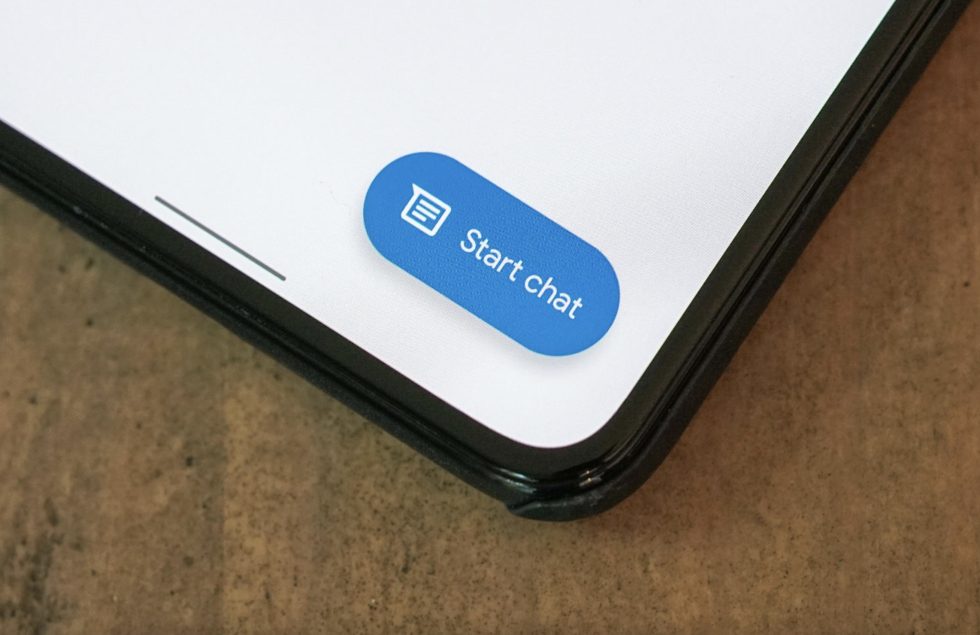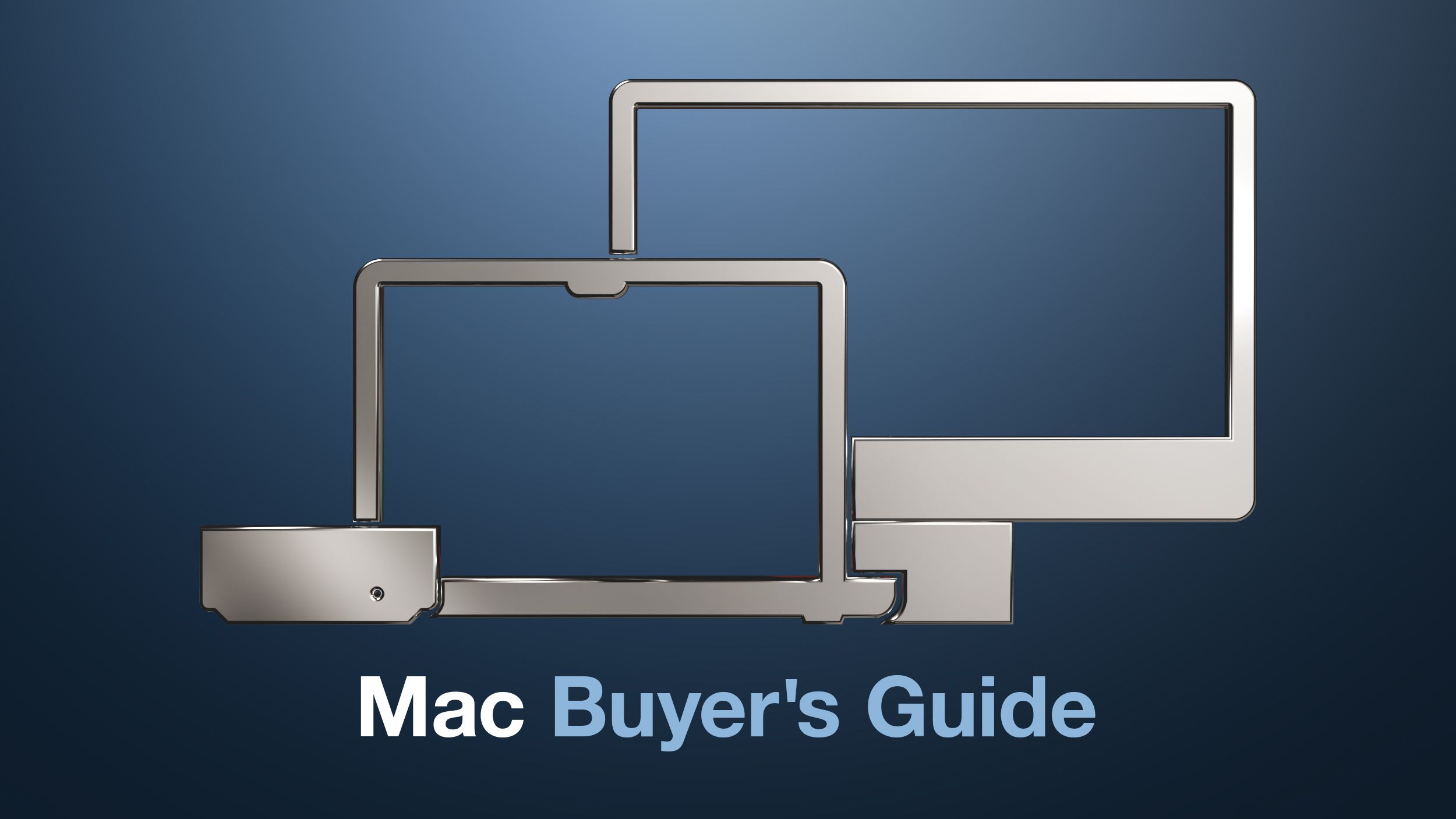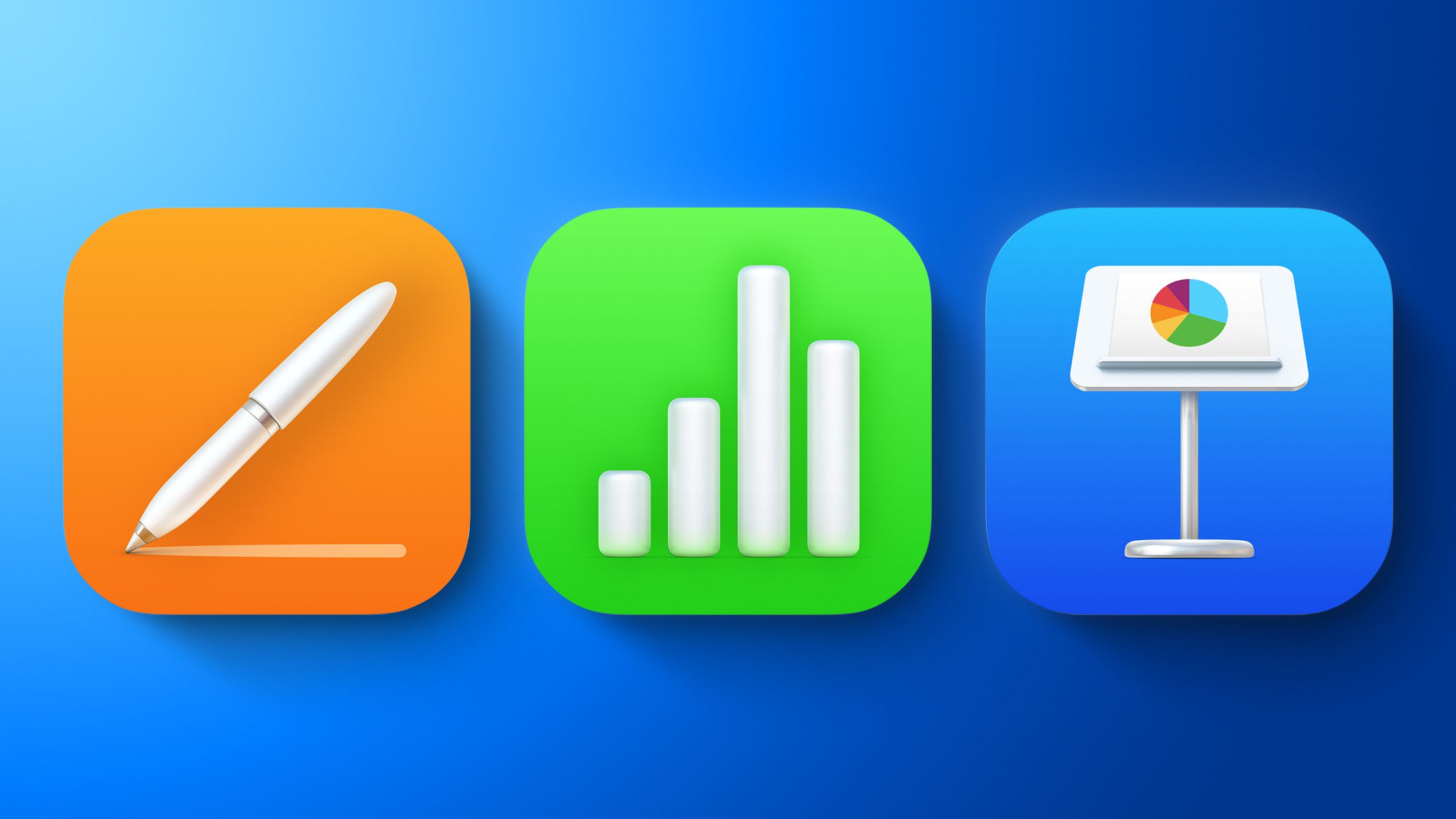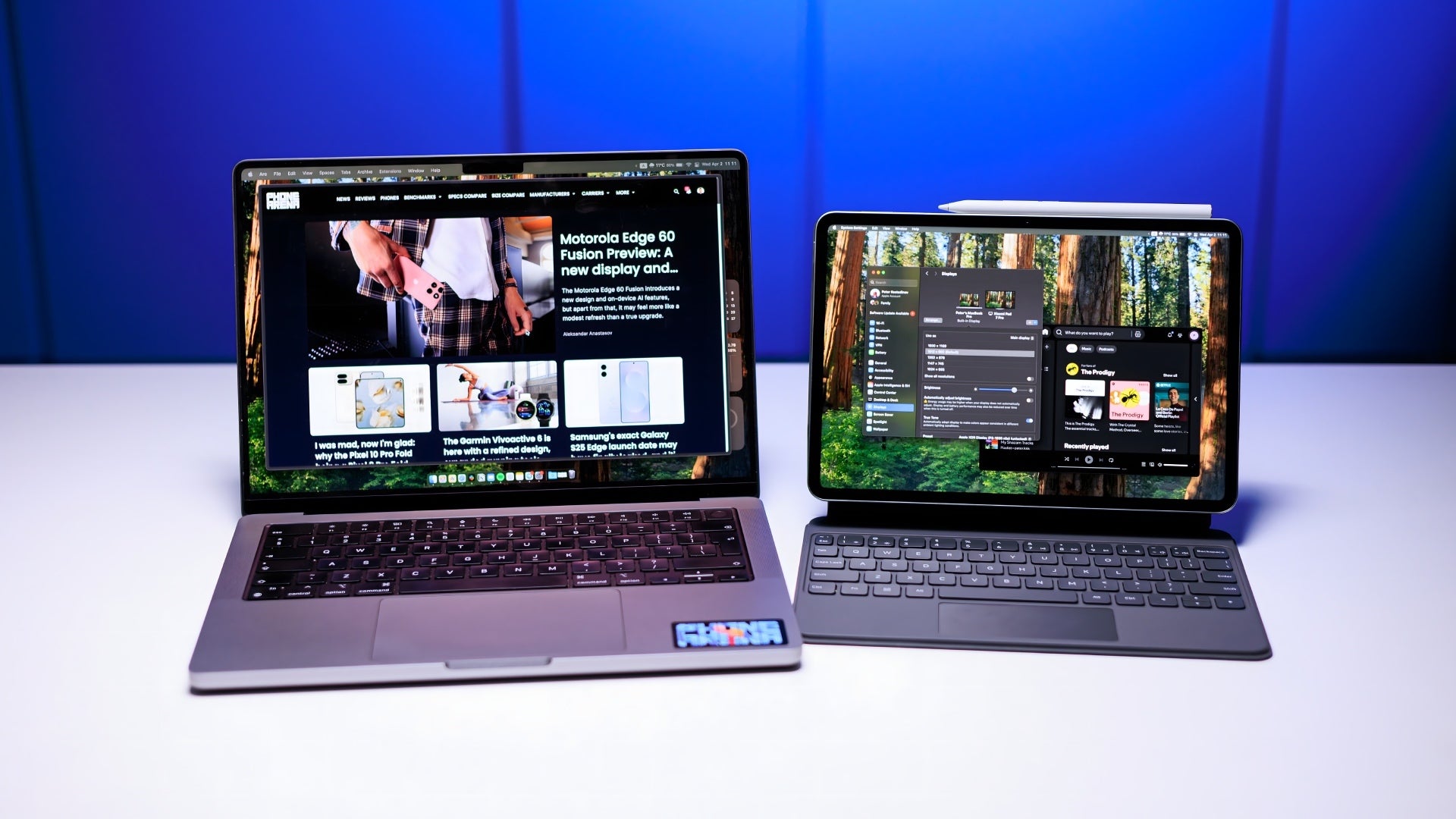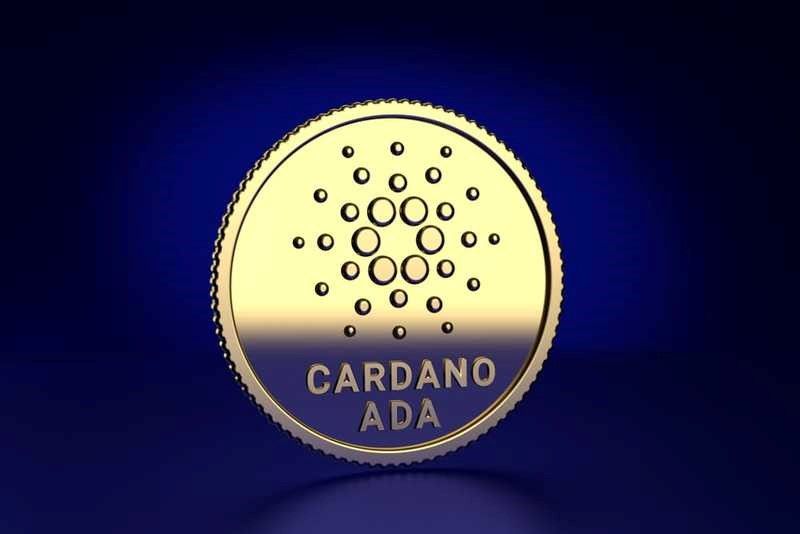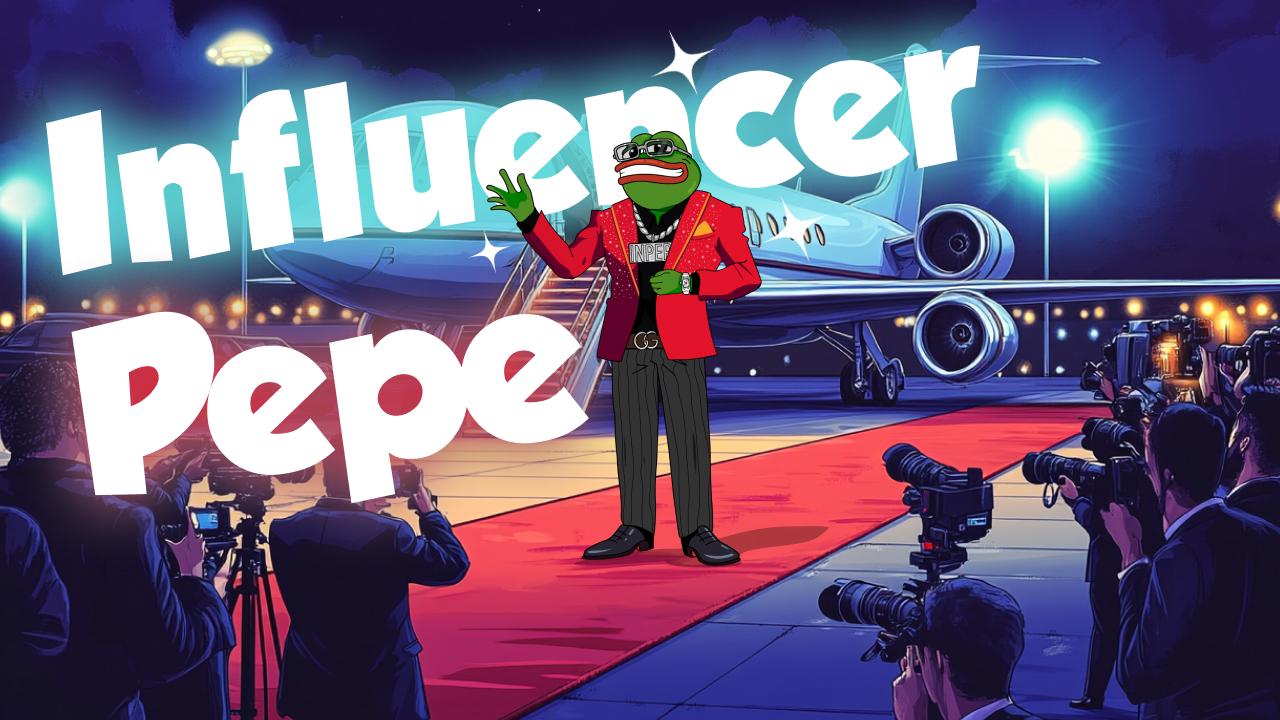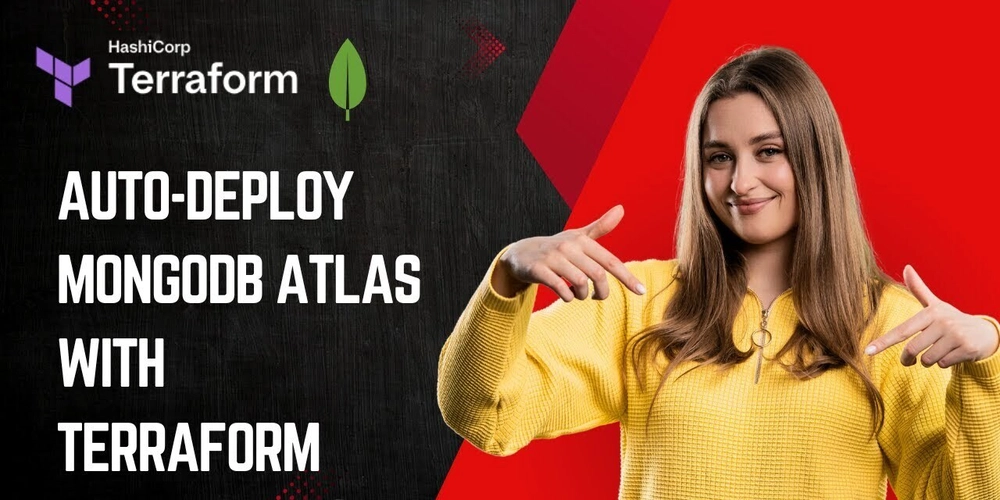The Future of AI-Assisted Software Development: Vibe Coding.
Introduction The world of software development is undergoing a seismic shift with the rise of vibe coding—a term coined by Andrej Karpathy in 2025. This new paradigm moves away from traditional hand-coded programming and instead embraces AI-assisted development, where developers collaborate with artificial intelligence to generate, refine, and deploy code faster than ever before. In this article, we’ll explore what vibe coding is, how it’s changing the industry, and what skills you need to thrive in this new era of software development. What is Vibe Coding? Vibe coding is a development approach where programmers leverage AI models to assist in writing and debugging code. Instead of manually crafting every line, developers use natural language prompts to instruct AI-powered tools—such as GitHub Copilot, ChatGPT, and Replit—to generate solutions in real time. This shift transforms developers from manual coders to orchestrators who guide AI models, validate output, and optimise performance. The result? Faster development cycles, fewer errors, and a more accessible way for non-developers to enter the world of software creation. Why Vibe Coding is Gaining Momentum Several key factors are driving the adoption of vibe coding: AI-Driven Productivity Developers can complete tasks in a fraction of the time by offloading repetitive work to AI, allowing them to focus on problem-solving and architecture rather than syntax. Lower Barrier to Entry With AI generating code based on natural language descriptions, non-programmers can now build applications without needing years of coding experience. Enhanced Code Quality AI-powered tools help developers catch bugs, enforce best practices, and optimize performance, leading to cleaner, more efficient codebases. The Essential Skills for Vibe Coding To effectively engage in vibe coding, you'll need a combination of skills, tools, and best practices to collaborate efficiently with AI in software development. Here's what you should focus on: Proficiency with AI Coding Tools Familiarize yourself with AI-powered coding assistants such as ChatGPT, Cursor, Replit, and Windsurf. These tools enable you to translate ideas into code by providing natural language prompts, allowing the AI to handle the code generation. Mastery of Prompt Engineering Crafting clear and precise prompts is crucial in guiding AI models to generate accurate and relevant code. The quality of the AI's output heavily depends on the specificity and clarity of your instructions. Critical Thinking and Problem-Solving Skills While AI can generate code, human oversight is necessary to ensure the solutions are logical, efficient, and free from errors. Developers must analyze and refine AI outputs to maintain code quality and address any issues that arise. Understanding of Software Development Principles A foundational knowledge of programming concepts, data structures, and algorithms remains important. This understanding allows you to effectively evaluate AI-generated code and make informed decisions about its implementation. Familiarity with Version Control Systems Using tools like Git helps you manage changes to your codebase, collaborate with others, and maintain a history of your project's development, which is essential when integrating AI-generated code. Commitment to Continuous Learning The field of AI-assisted coding is rapidly evolving. Engaging in ongoing education, such as taking courses like "Vibe Coding 101" offered by Andrew Ng in collaboration with Replit, can help you stay updated on the latest tools and techniques. Adoption of Best Practices Implementing best practices, such as setting up clear project guidelines and using modular code structures, enhances collaboration with AI tools and improves the maintainability of your codebase. The Future of Software Development As AI continues to improve, vibe coding will reshape how software is built. Companies will rely on smaller, highly efficient teams, and startups will be able to launch faster and with fewer resources. Tech leaders like Andrew Ng have already started offering courses on AI-driven coding, ensuring that developers are equipped with the skills needed for this transformation. Conclusion Vibe coding isn’t just a passing trend—it’s the next evolution of software development. By combining human creativity with AI efficiency, it opens the door for faster innovation, wider accessibility, and higher-quality software. Are you ready to embrace the future of AI-assisted development? The time to adapt is now!
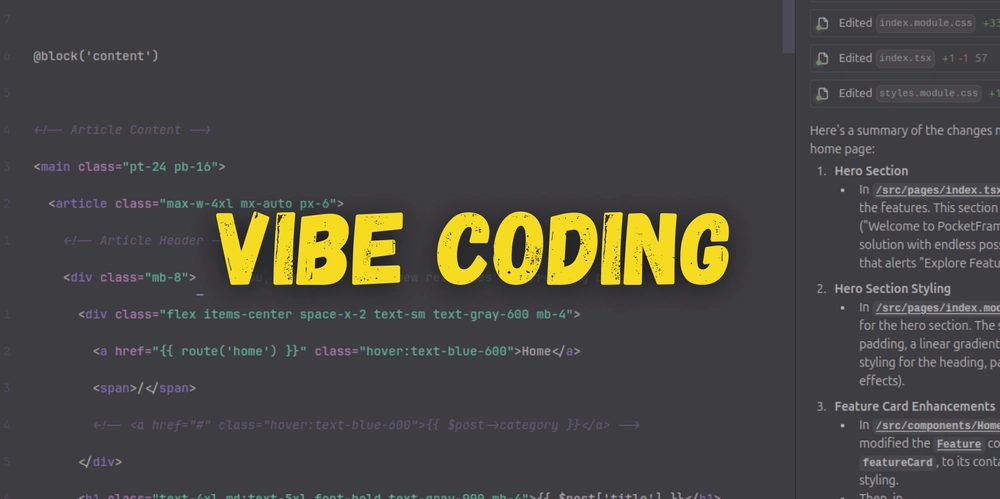
Introduction
The world of software development is undergoing a seismic shift with the rise of vibe coding—a term coined by Andrej Karpathy in 2025. This new paradigm moves away from traditional hand-coded programming and instead embraces AI-assisted development, where developers collaborate with artificial intelligence to generate, refine, and deploy code faster than ever before.
In this article, we’ll explore what vibe coding is, how it’s changing the industry, and what skills you need to thrive in this new era of software development.
What is Vibe Coding?
Vibe coding is a development approach where programmers leverage AI models to assist in writing and debugging code. Instead of manually crafting every line, developers use natural language prompts to instruct AI-powered tools—such as GitHub Copilot, ChatGPT, and Replit—to generate solutions in real time.
This shift transforms developers from manual coders to orchestrators who guide AI models, validate output, and optimise performance. The result? Faster development cycles, fewer errors, and a more accessible way for non-developers to enter the world of software creation.
Why Vibe Coding is Gaining Momentum
Several key factors are driving the adoption of vibe coding:
AI-Driven Productivity
Developers can complete tasks in a fraction of the time by offloading repetitive work to AI, allowing them to focus on problem-solving and architecture rather than syntax.Lower Barrier to Entry
With AI generating code based on natural language descriptions, non-programmers can now build applications without needing years of coding experience.Enhanced Code Quality
AI-powered tools help developers catch bugs, enforce best practices, and optimize performance, leading to cleaner, more efficient codebases.
The Essential Skills for Vibe Coding
To effectively engage in vibe coding, you'll need a combination of skills, tools, and best practices to collaborate efficiently with AI in software development. Here's what you should focus on:
Proficiency with AI Coding Tools
Familiarize yourself with AI-powered coding assistants such as ChatGPT, Cursor, Replit, and Windsurf. These tools enable you to translate ideas into code by providing natural language prompts, allowing the AI to handle the code generation.Mastery of Prompt Engineering
Crafting clear and precise prompts is crucial in guiding AI models to generate accurate and relevant code. The quality of the AI's output heavily depends on the specificity and clarity of your instructions.Critical Thinking and Problem-Solving Skills
While AI can generate code, human oversight is necessary to ensure the solutions are logical, efficient, and free from errors. Developers must analyze and refine AI outputs to maintain code quality and address any issues that arise.Understanding of Software Development Principles
A foundational knowledge of programming concepts, data structures, and algorithms remains important. This understanding allows you to effectively evaluate AI-generated code and make informed decisions about its implementation.Familiarity with Version Control Systems
Using tools like Git helps you manage changes to your codebase, collaborate with others, and maintain a history of your project's development, which is essential when integrating AI-generated code.Commitment to Continuous Learning
The field of AI-assisted coding is rapidly evolving. Engaging in ongoing education, such as taking courses like "Vibe Coding 101" offered by Andrew Ng in collaboration with Replit, can help you stay updated on the latest tools and techniques.Adoption of Best Practices
Implementing best practices, such as setting up clear project guidelines and using modular code structures, enhances collaboration with AI tools and improves the maintainability of your codebase.
The Future of Software Development
As AI continues to improve, vibe coding will reshape how software is built. Companies will rely on smaller, highly efficient teams, and startups will be able to launch faster and with fewer resources.
Tech leaders like Andrew Ng have already started offering courses on AI-driven coding, ensuring that developers are equipped with the skills needed for this transformation.
Conclusion
Vibe coding isn’t just a passing trend—it’s the next evolution of software development. By combining human creativity with AI efficiency, it opens the door for faster innovation, wider accessibility, and higher-quality software.
Are you ready to embrace the future of AI-assisted development? The time to adapt is now!



















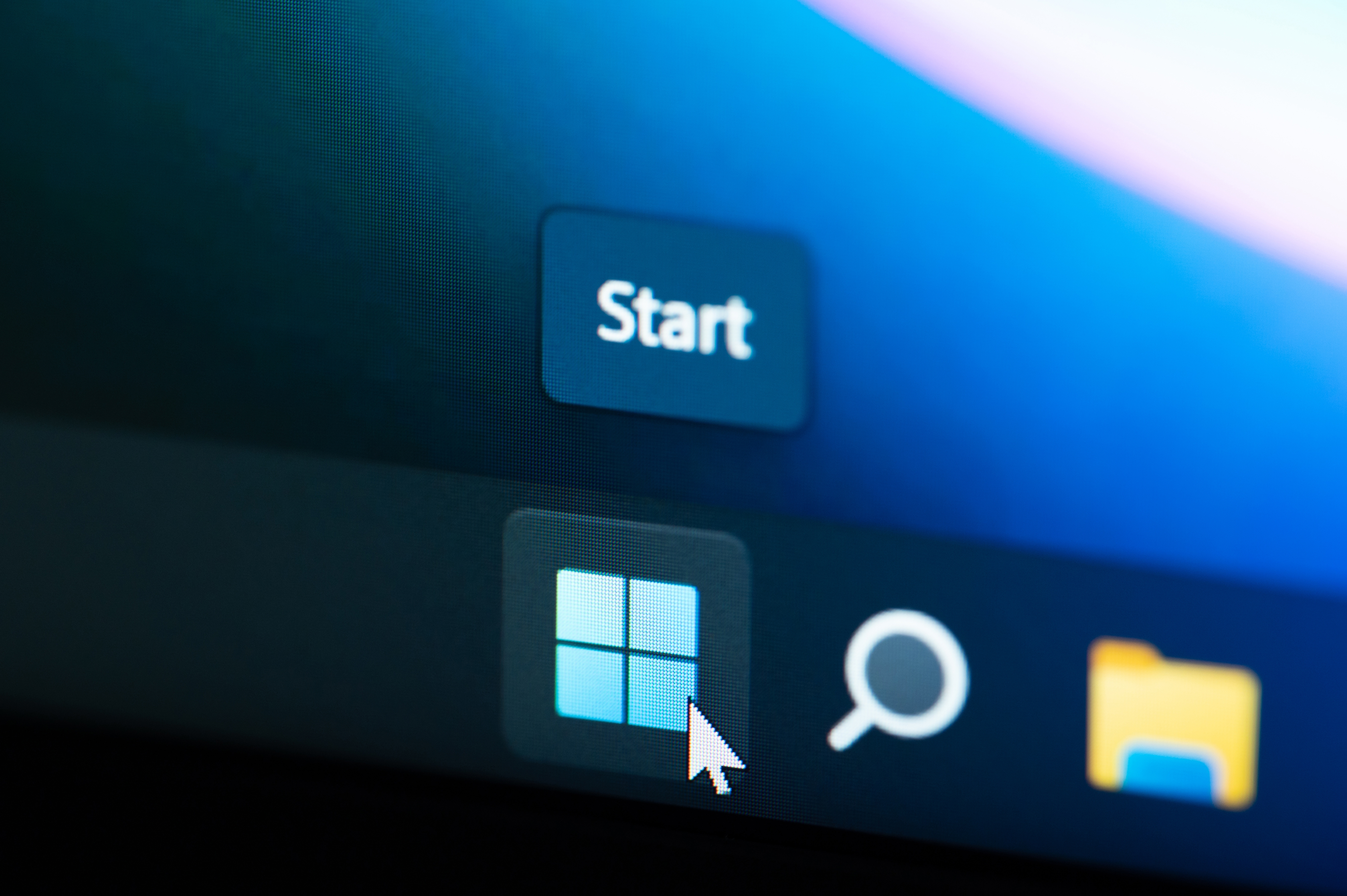

























































































































































![[The AI Show Episode 142]: ChatGPT’s New Image Generator, Studio Ghibli Craze and Backlash, Gemini 2.5, OpenAI Academy, 4o Updates, Vibe Marketing & xAI Acquires X](https://www.marketingaiinstitute.com/hubfs/ep%20142%20cover.png)















































































































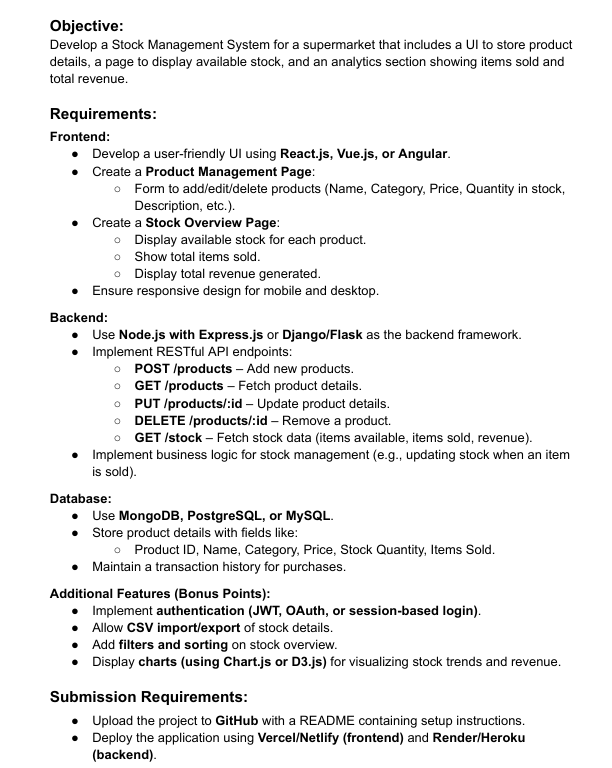

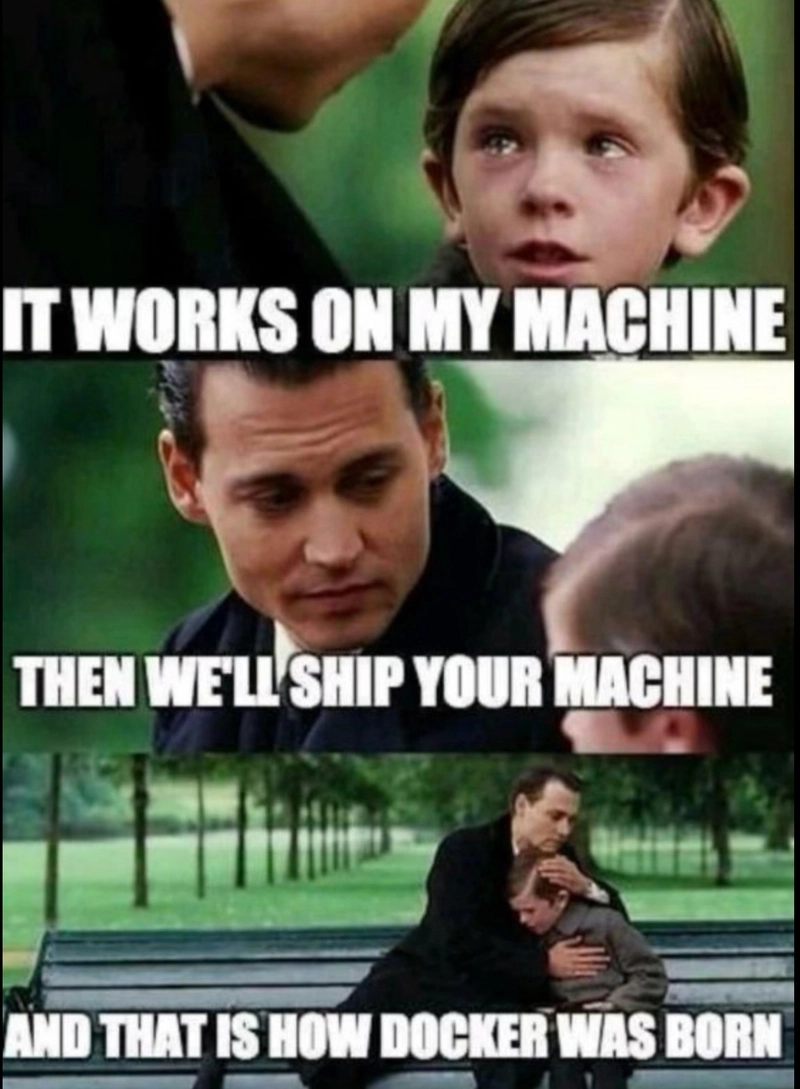













![[DEALS] Microsoft Office Professional 2021 for Windows: Lifetime License (75% off) & Other Deals Up To 98% Off – Offers End Soon!](https://www.javacodegeeks.com/wp-content/uploads/2012/12/jcg-logo.jpg)





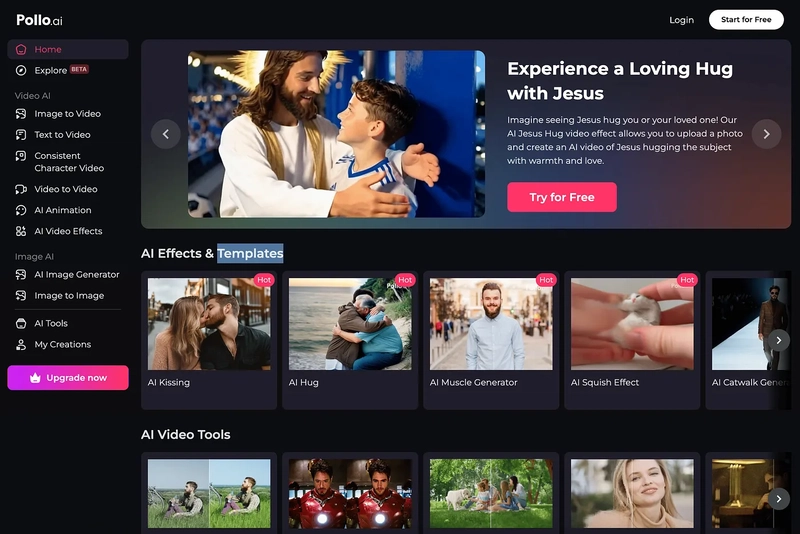











































































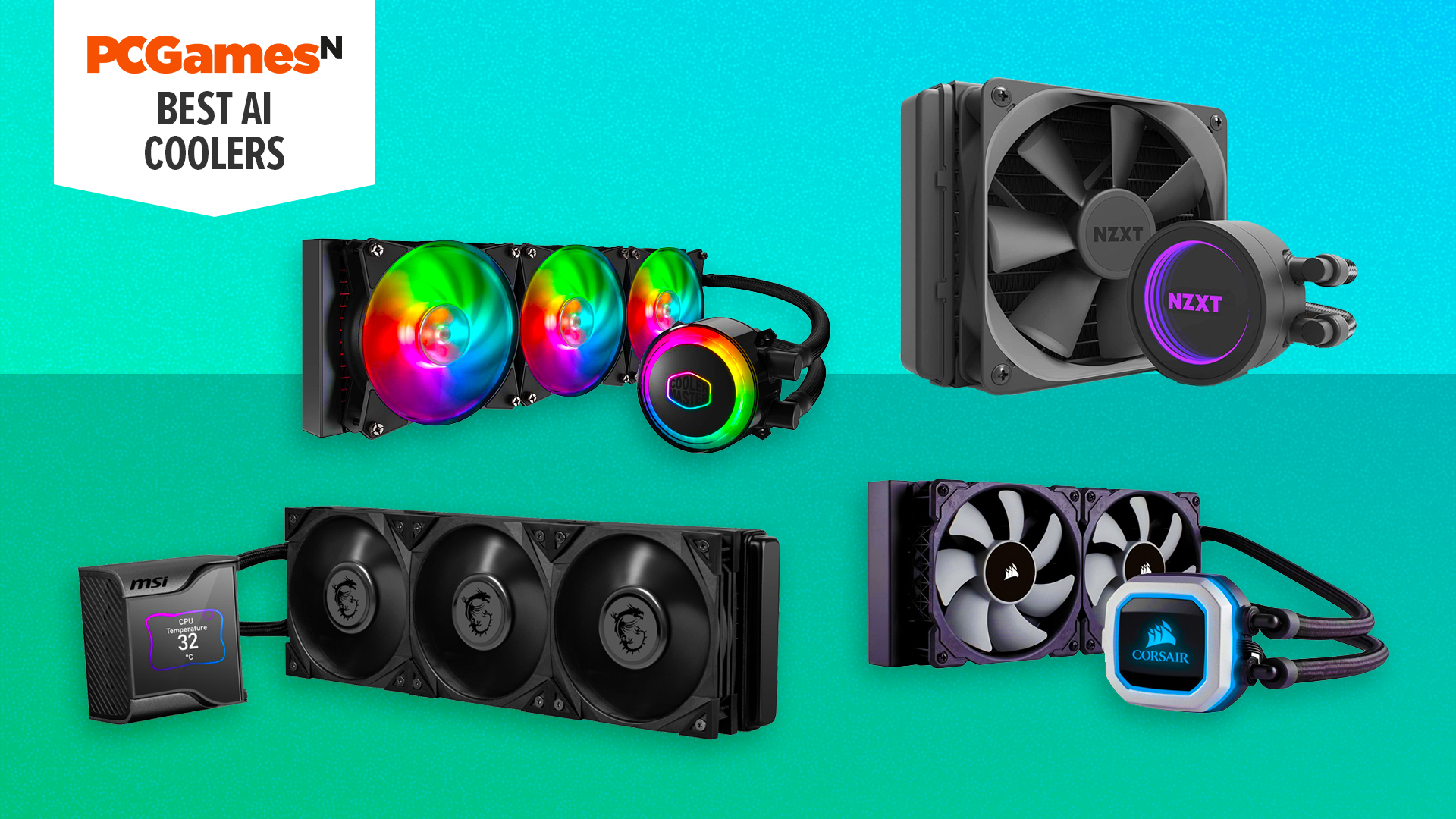











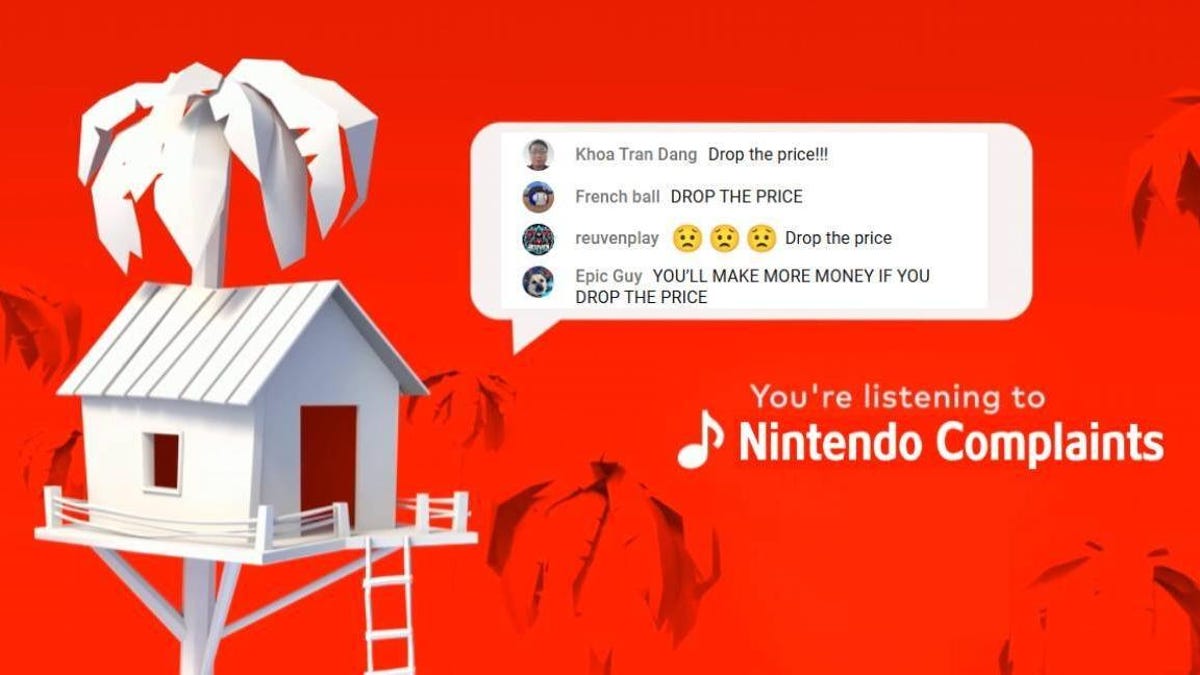

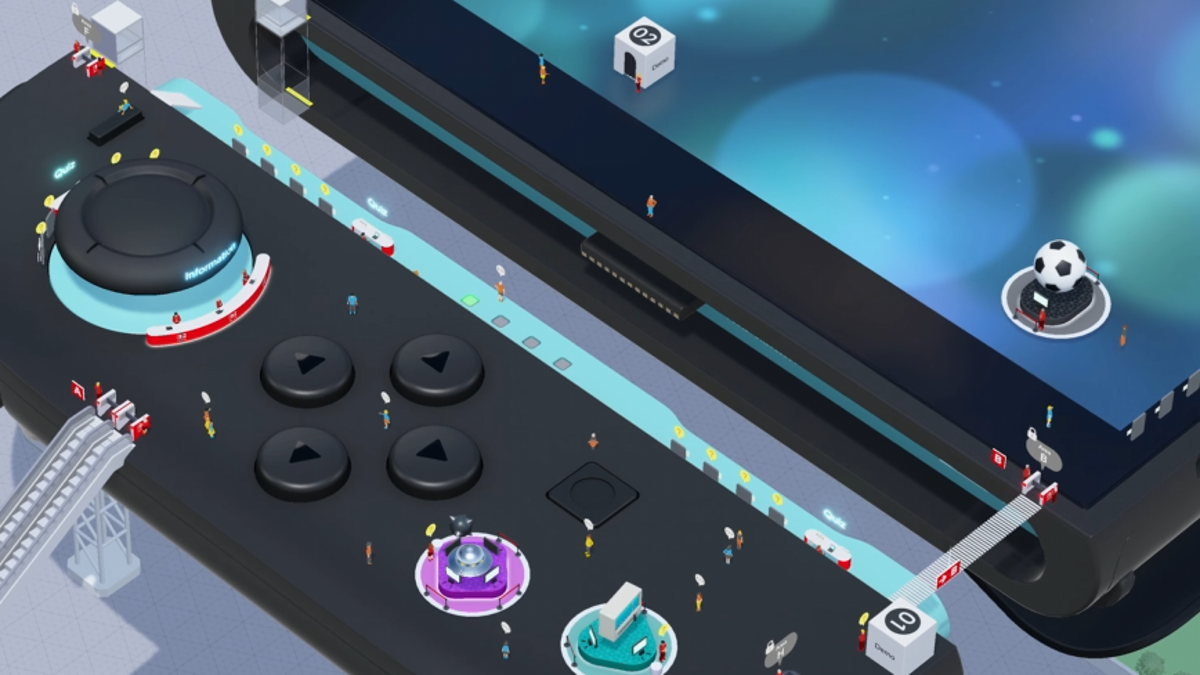
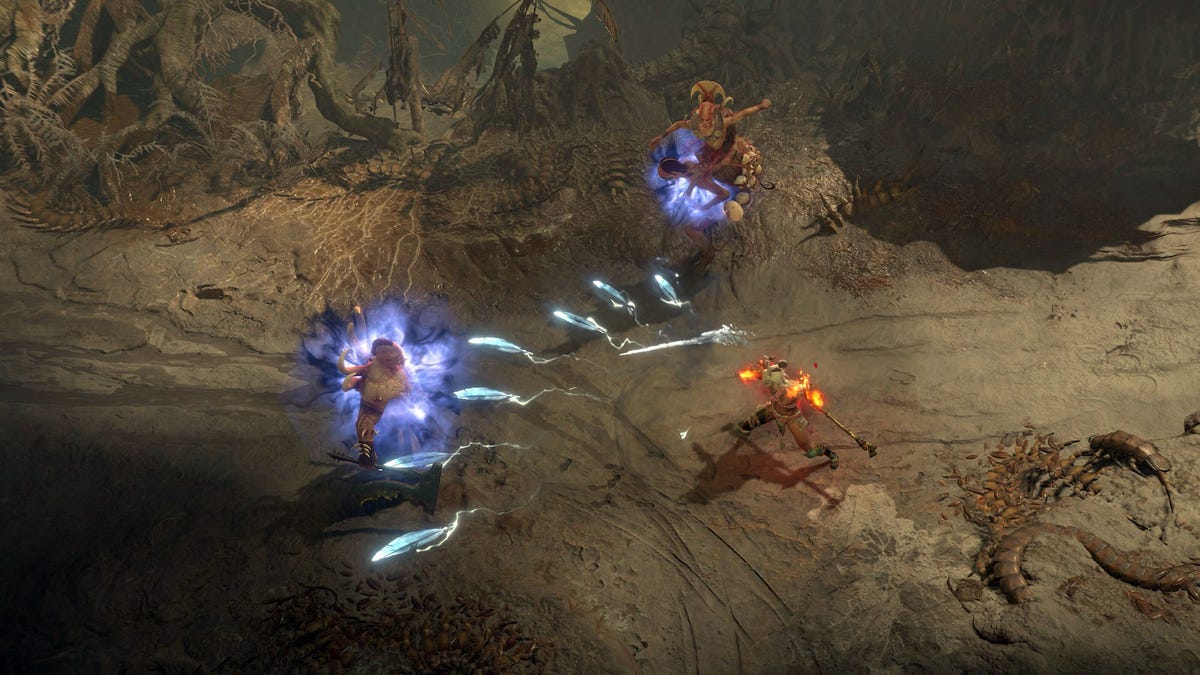













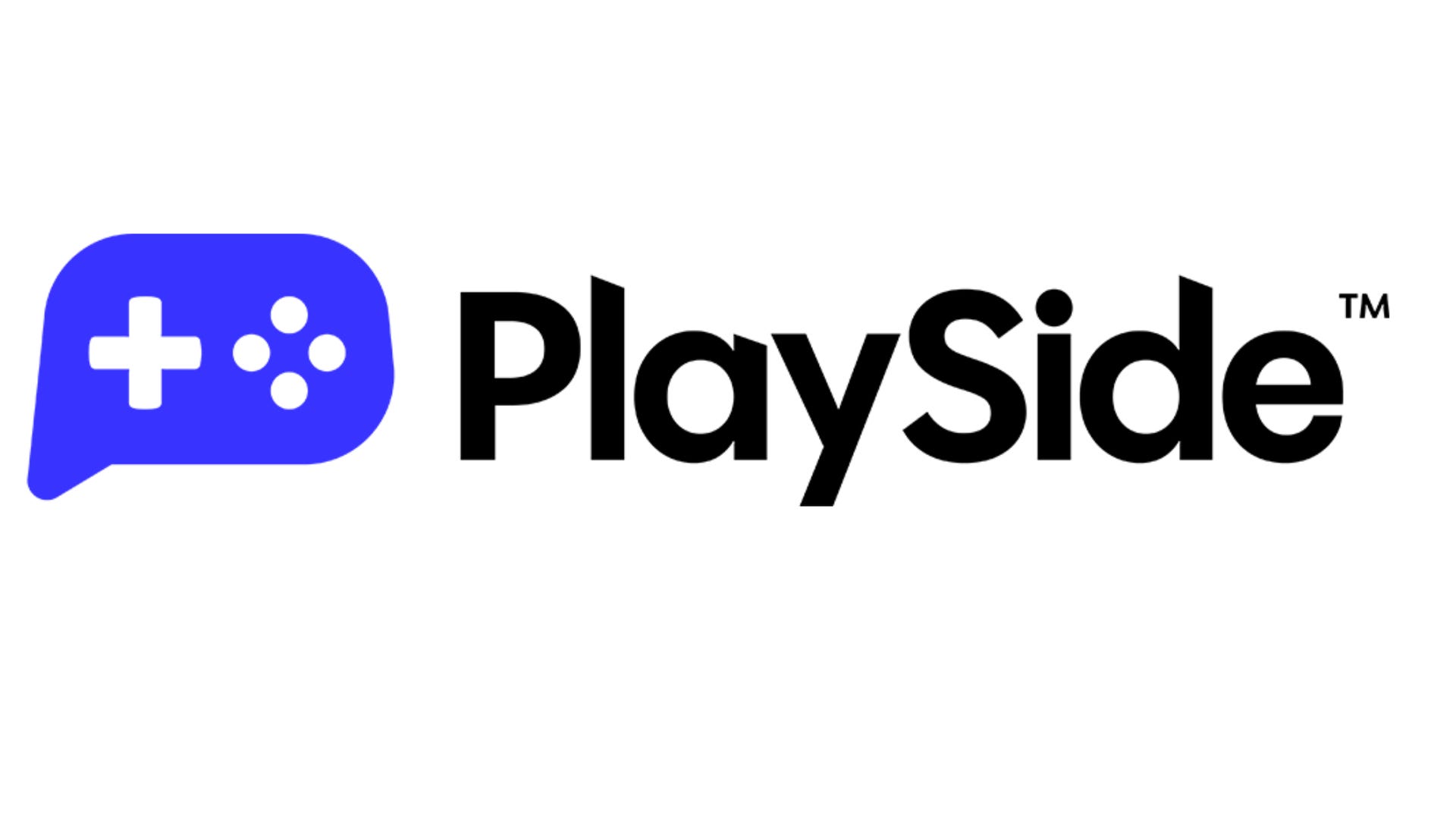
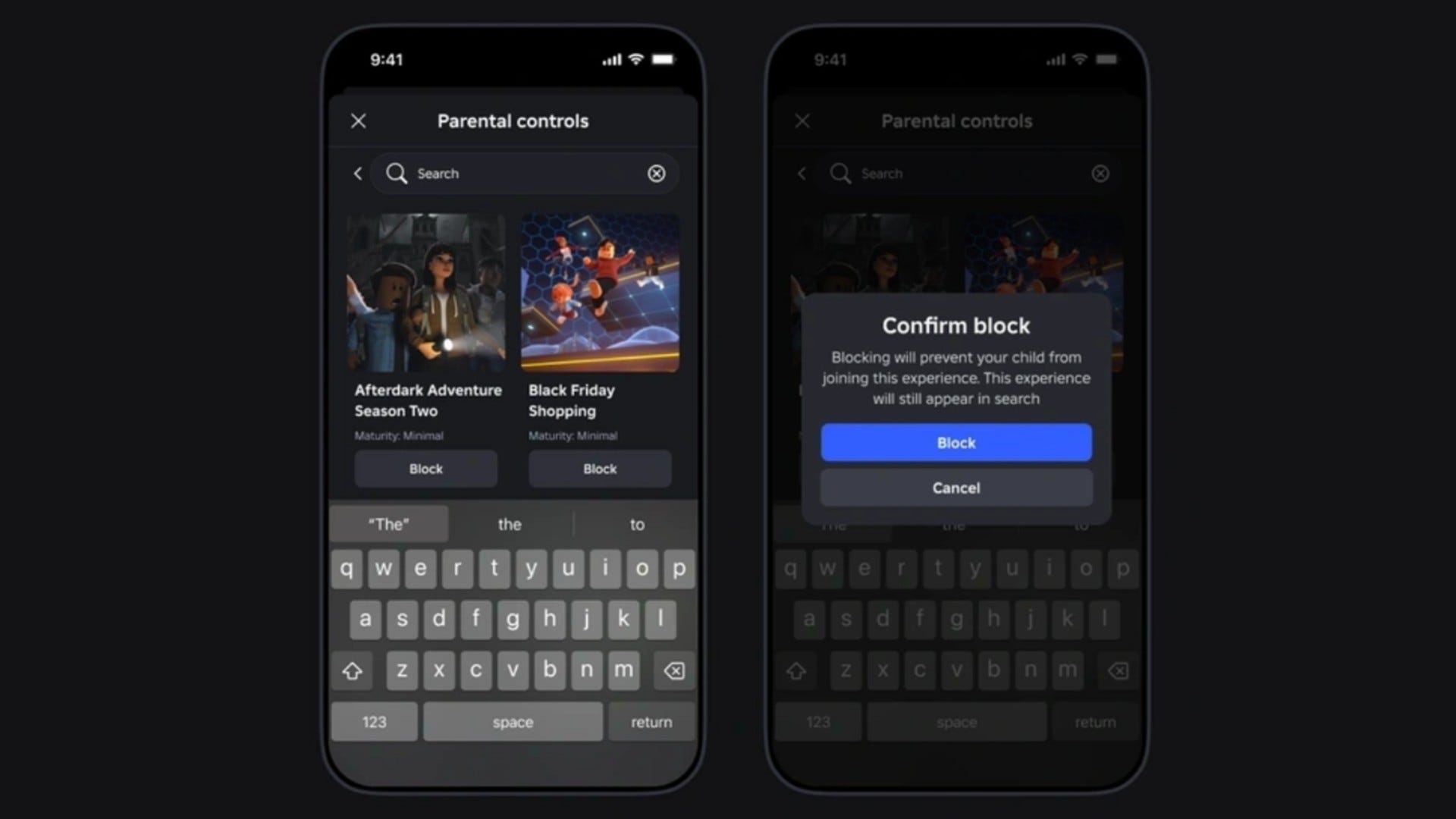
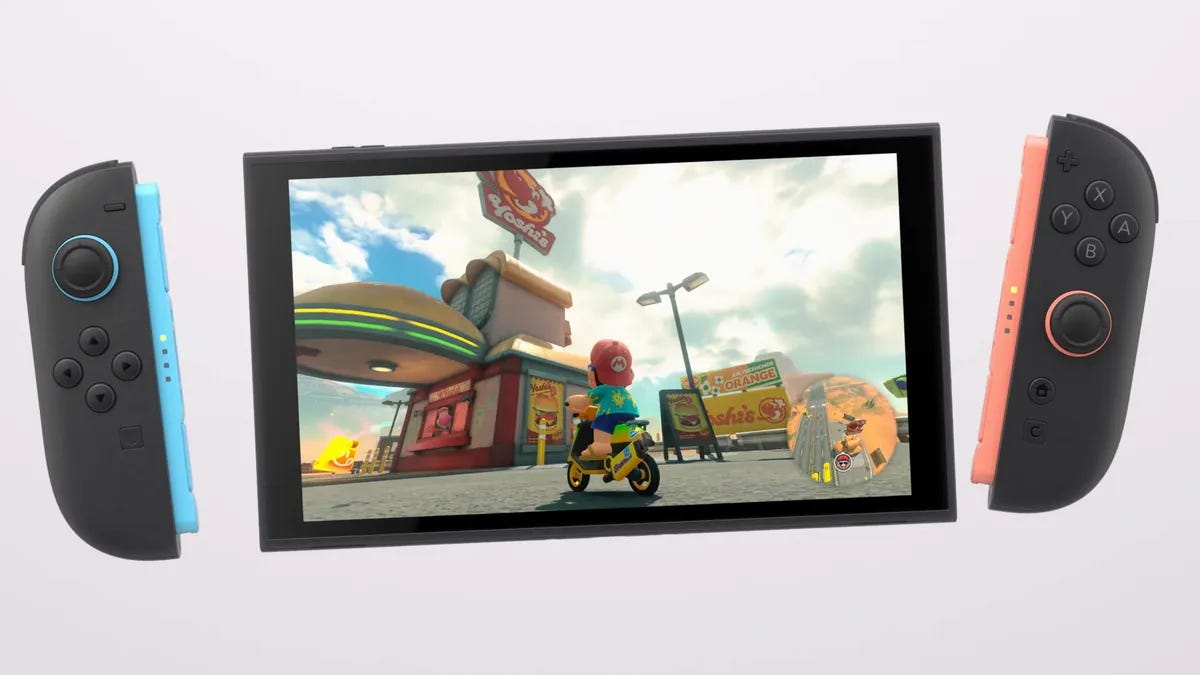
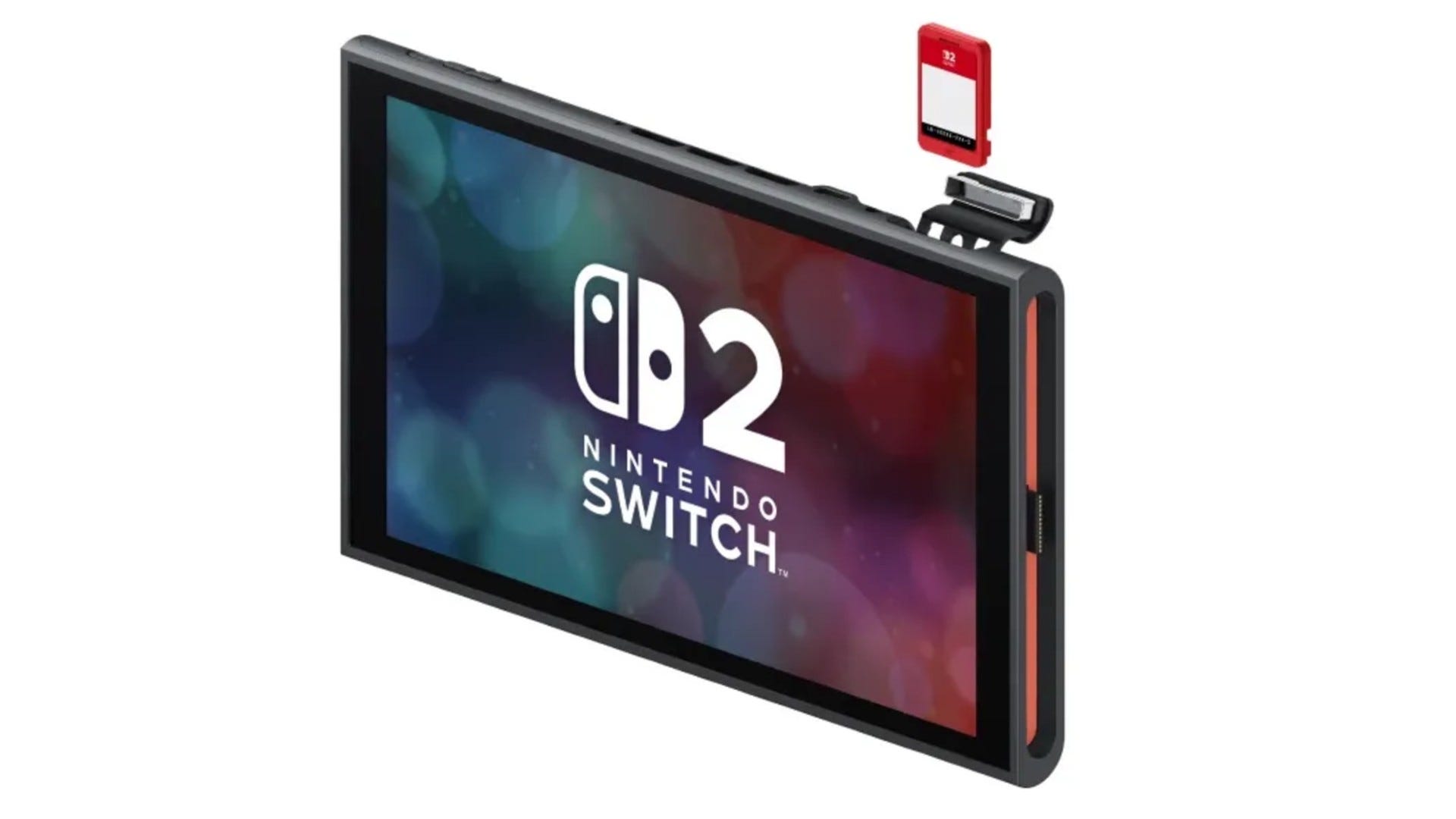













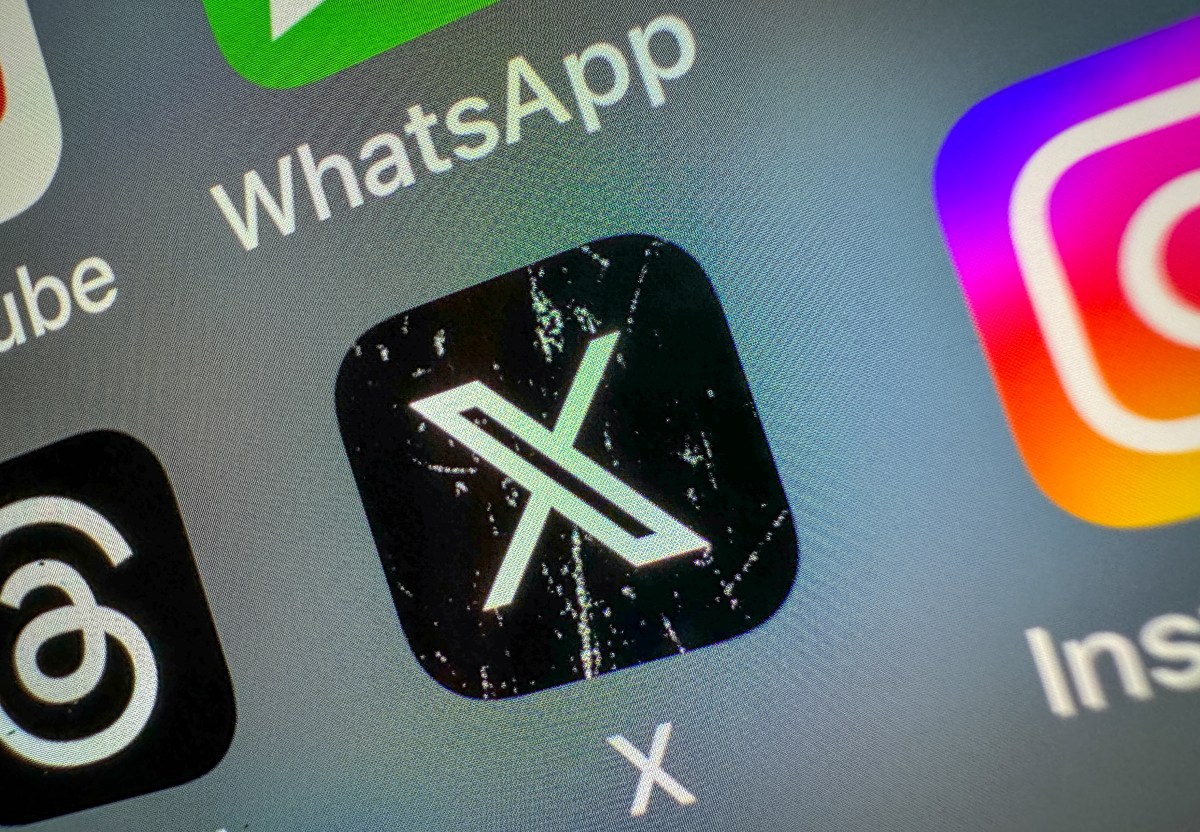













_Anthony_Brown_Alamy.jpg?#)
_Hanna_Kuprevich_Alamy.jpg?#)




.png?#)

















































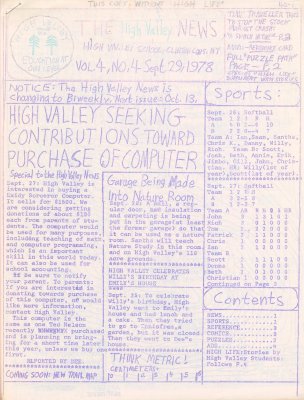

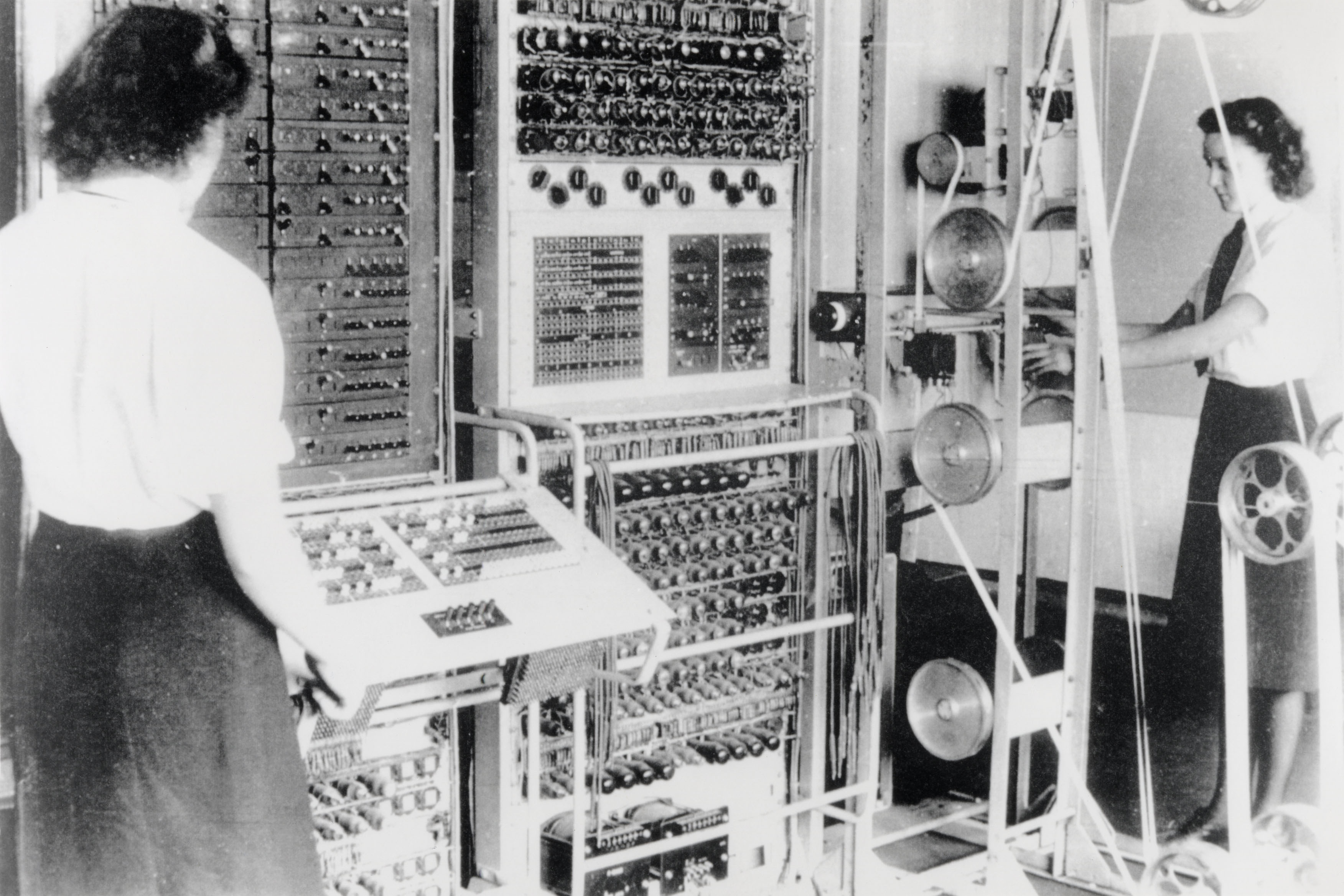
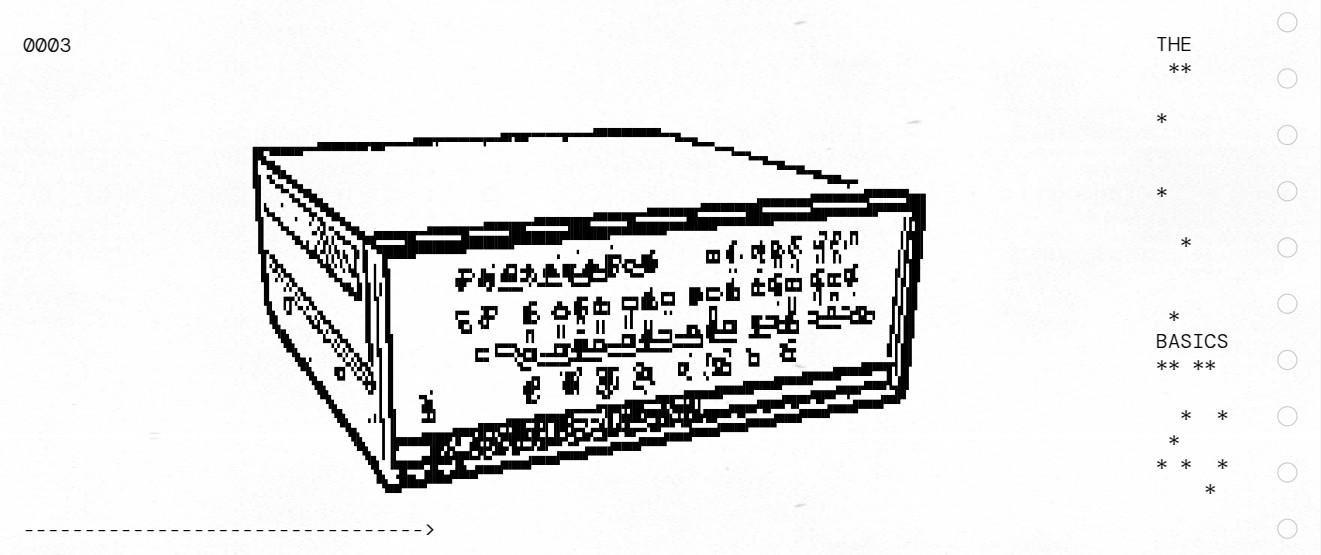























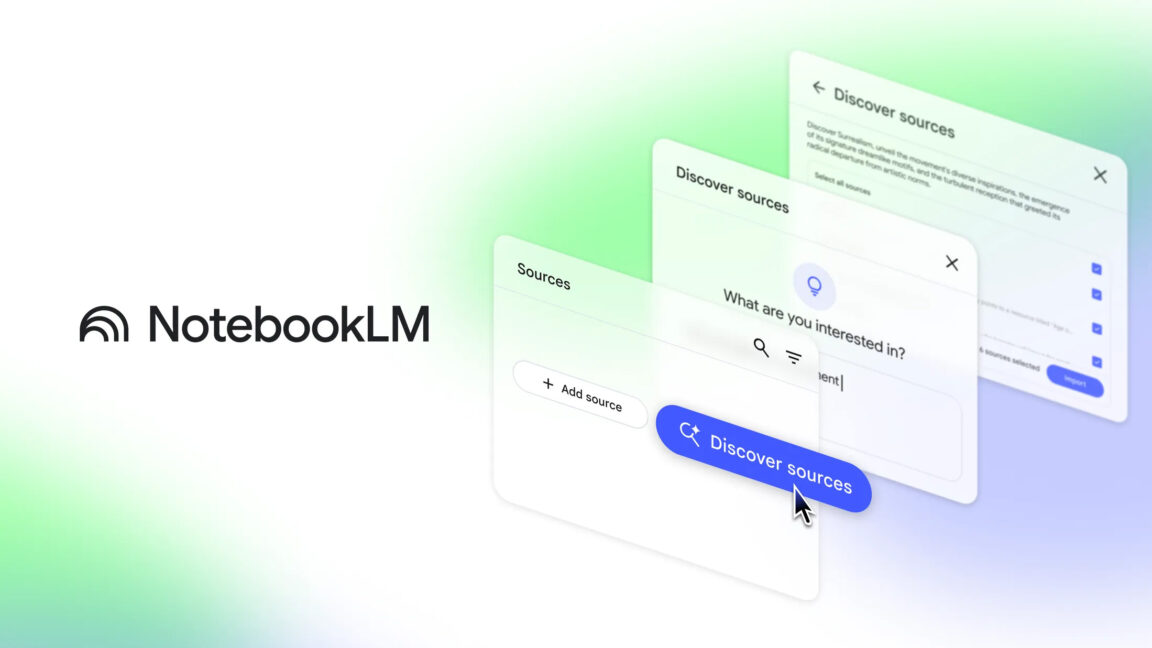
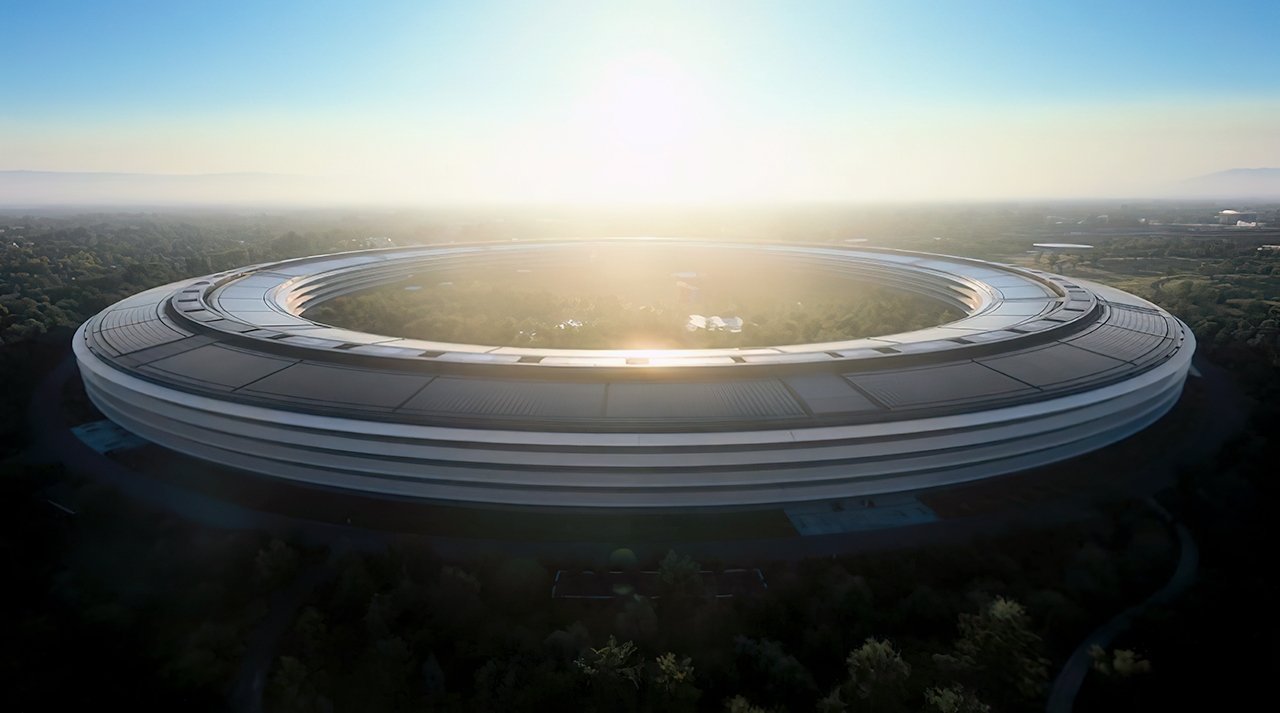


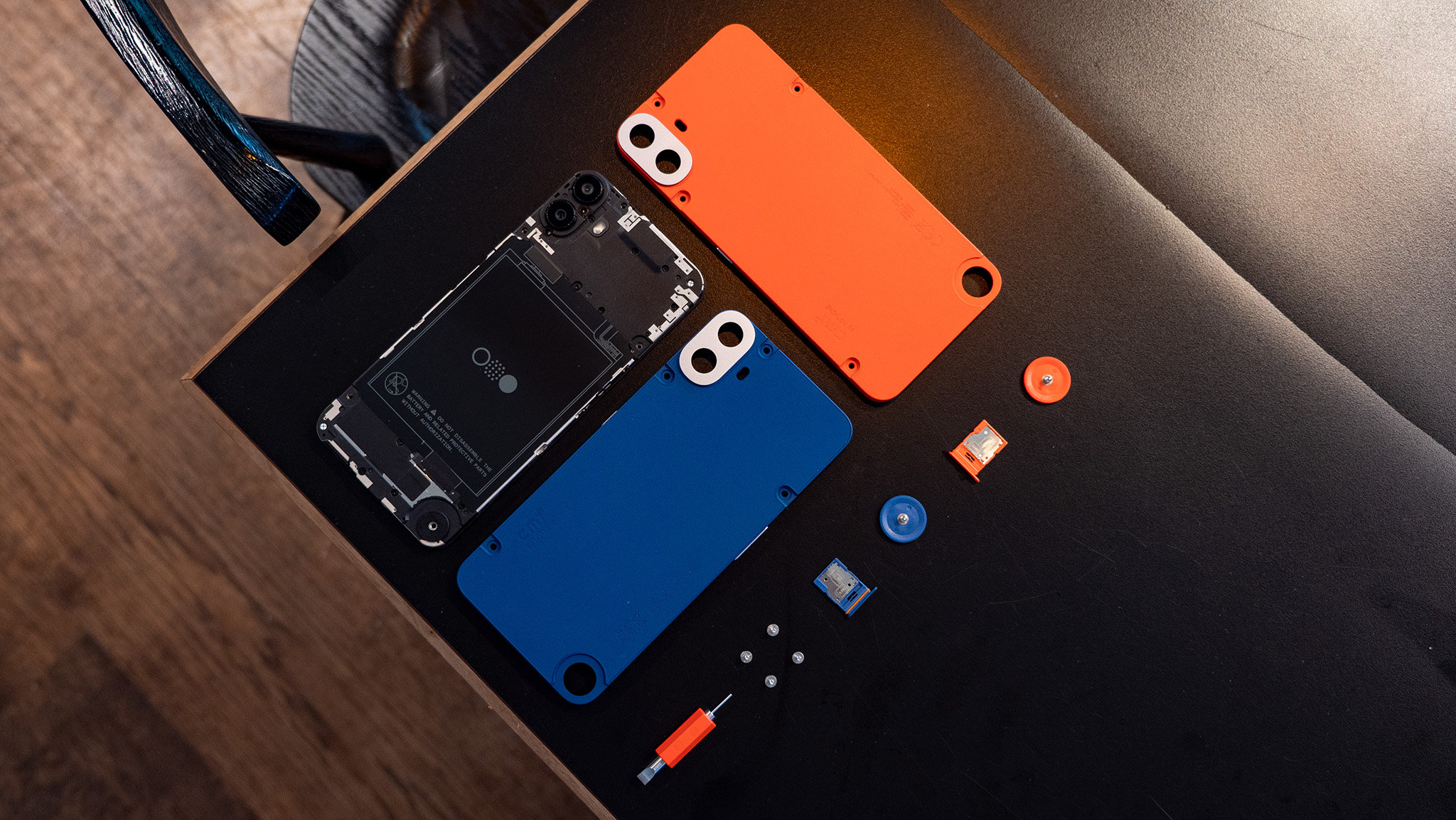
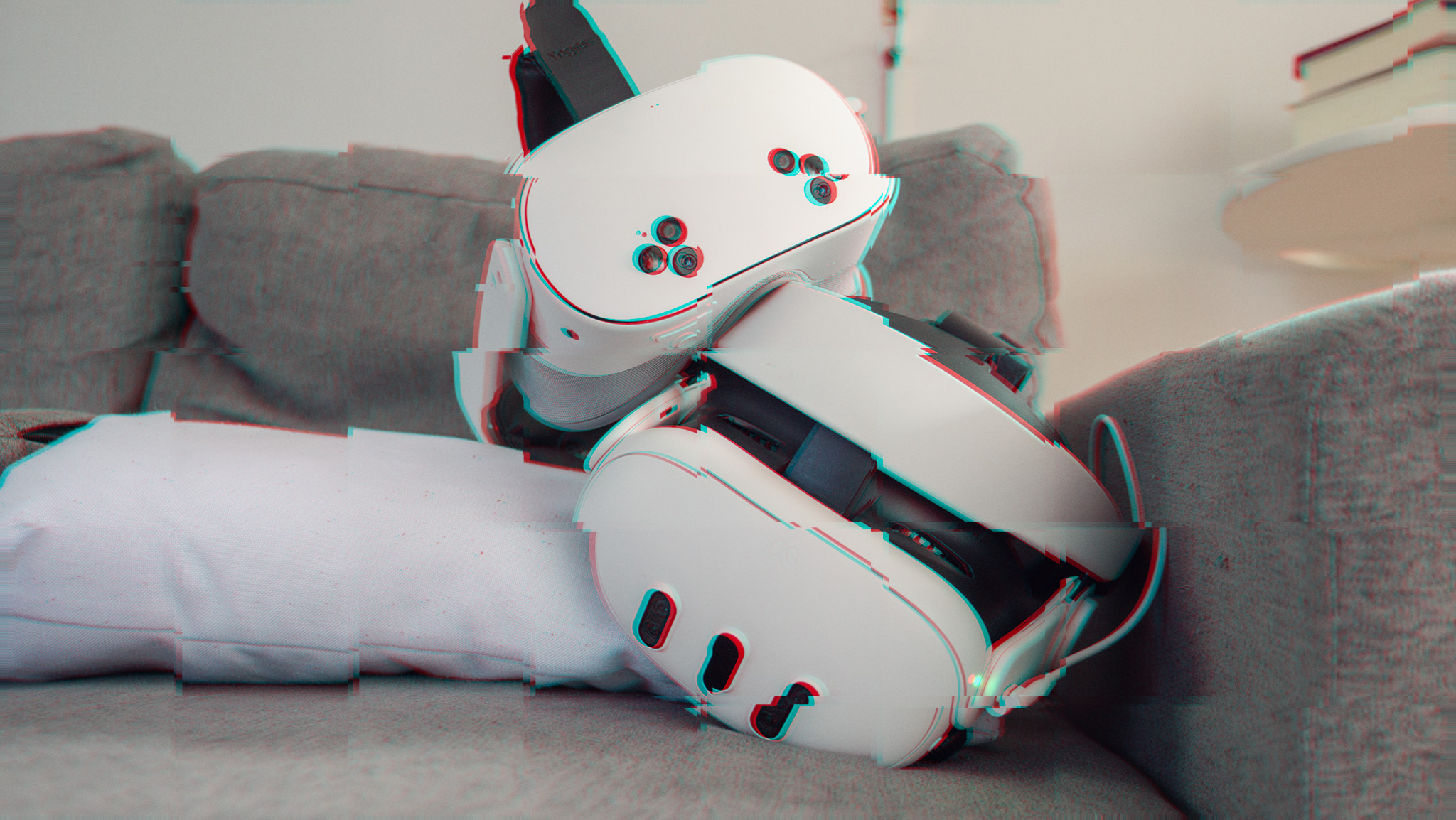


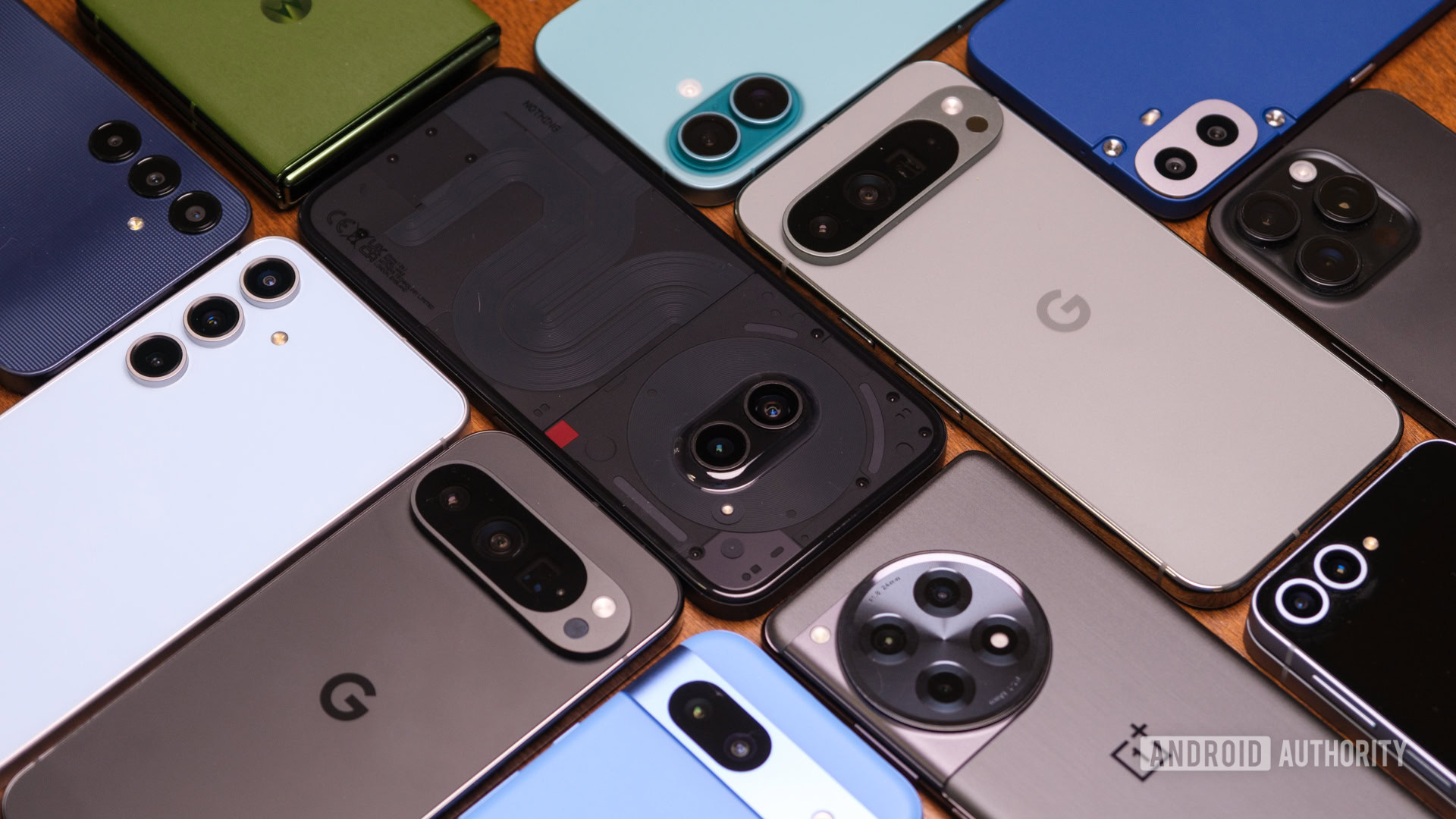
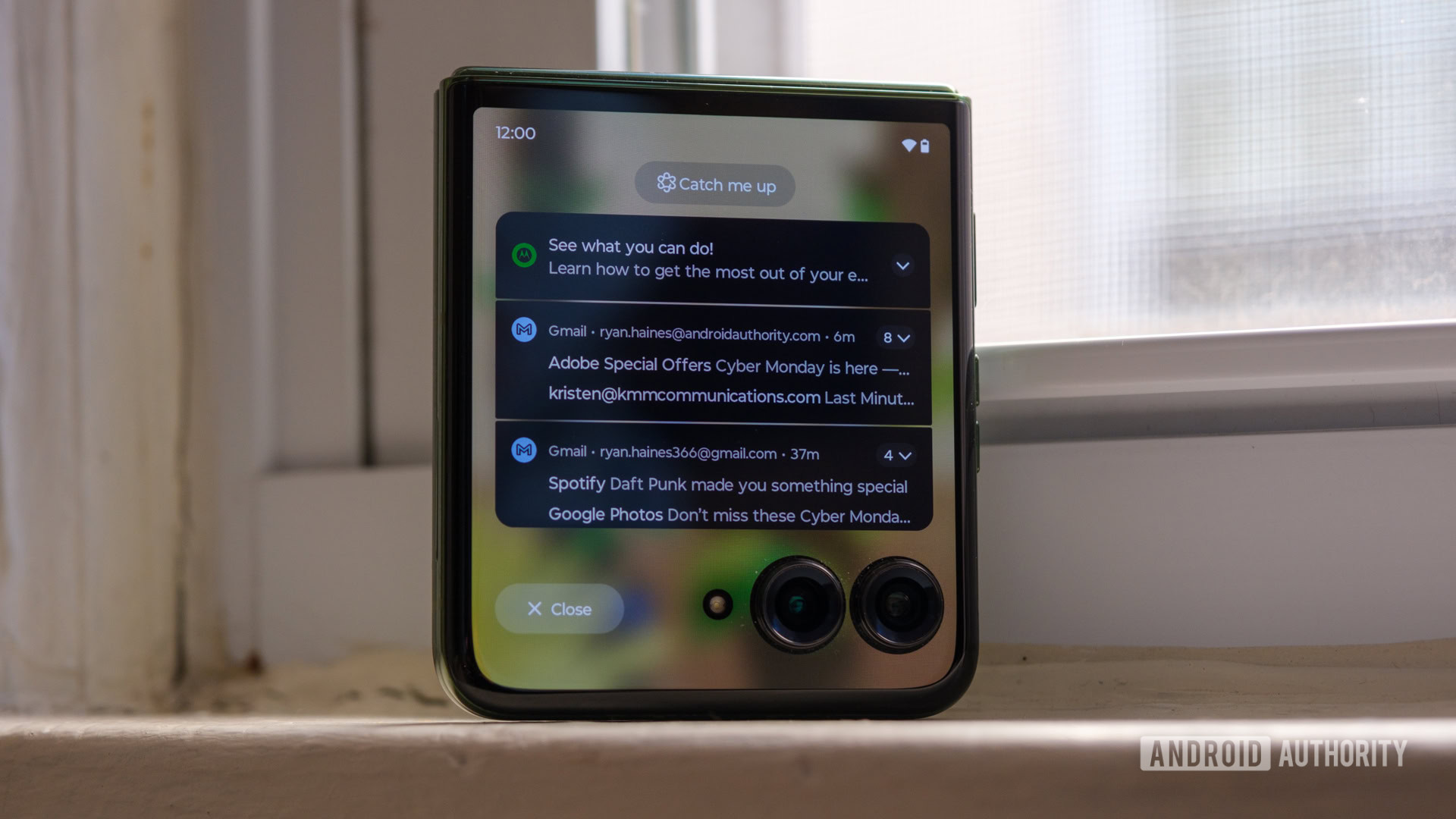



![Hands-on: We got to play Nintendo Switch 2 for nearly six hours yesterday [Video]](https://i0.wp.com/9to5toys.com/wp-content/uploads/sites/5/2025/04/Switch-FI-.jpg.jpg?resize=1200%2C628&ssl=1)
![Fitbit redesigns Water stats and logging on Android, iOS [U]](https://i0.wp.com/9to5google.com/wp-content/uploads/sites/4/2023/03/fitbit-logo-2.jpg?resize=1200%2C628&quality=82&strip=all&ssl=1)










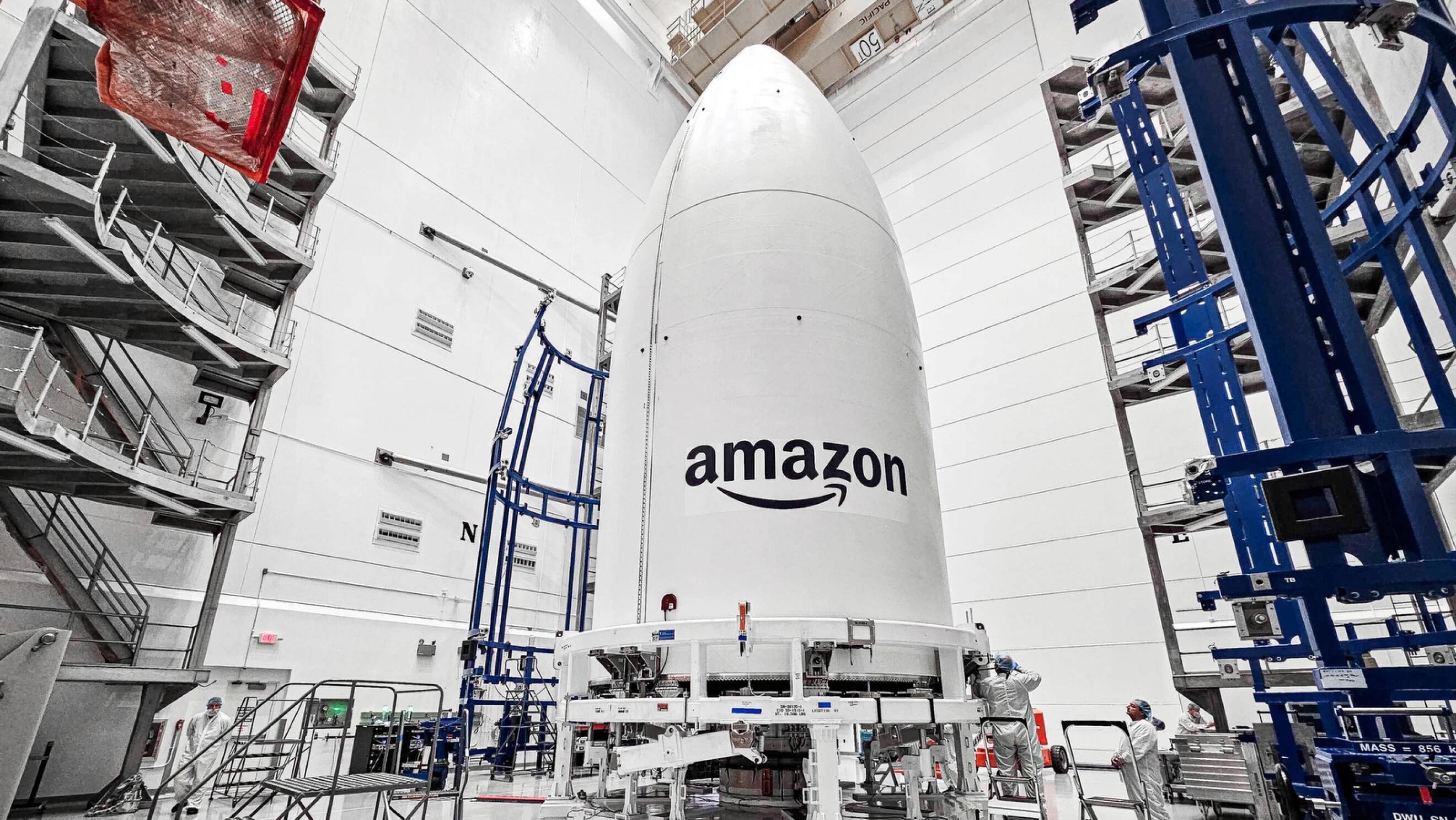



![YouTube Announces New Creation Tools for Shorts [Video]](https://www.iclarified.com/images/news/96923/96923/96923-640.jpg)

![Apple Faces New Tariffs but Has Options to Soften the Blow [Kuo]](https://www.iclarified.com/images/news/96921/96921/96921-640.jpg)













